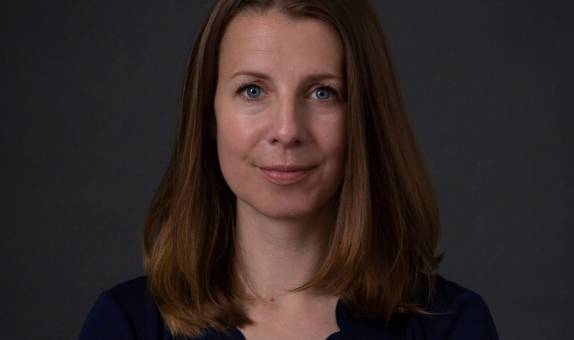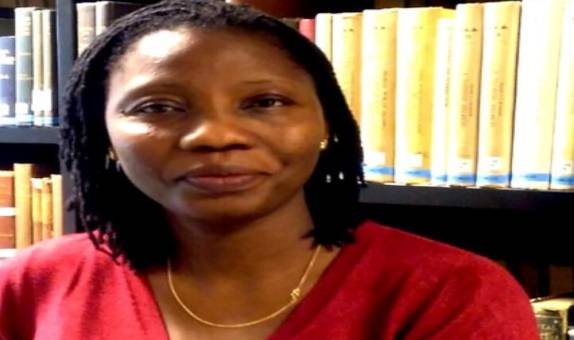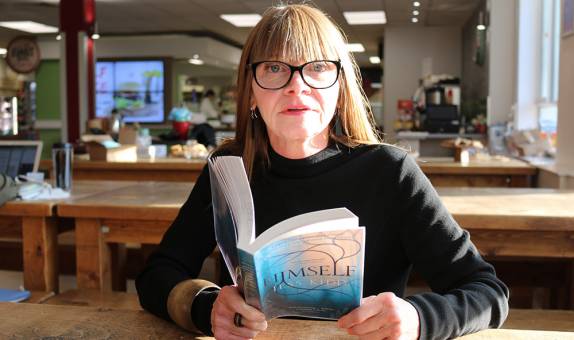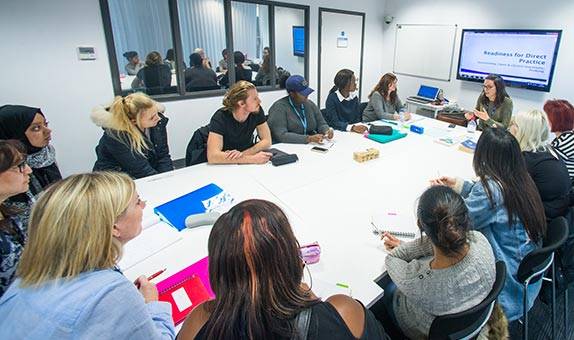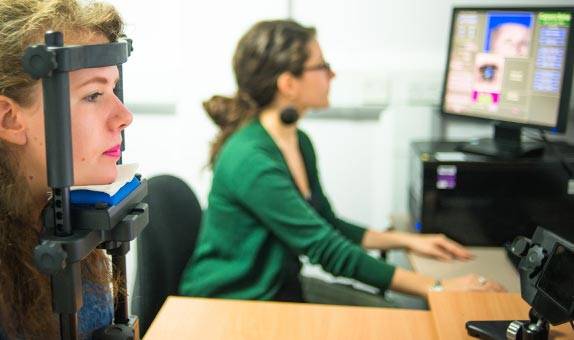Criminology MA
Why choose this course?
This course offers a critical study of the connections between criminological theory, criminal justice policy and social control. You will examine the social, economic and political contexts that give rise to crime and victimisation.
In addition, the formal responses to offending behaviour, including policing, punishment and rehabilitation, and wider strategies of social control, will be considered and challenged. You will also study the criminalisation process and engage critically with crim reduction methods.
Your qualitative and quantitative research skills will be developed and enhanced, facilitating your own criminological inquiry into a specialist area.
| Mode | Duration | Start date |
|---|---|---|
| Full time | 1 year |
September 2024 September 2025 |
| Part time | 2 years |
September 2024 September 2025 |
| Main Location | Penrhyn Road |
Reasons to choose Kingston University
- Kingston is well-placed for visits to crown courts, the central criminal court and the many non-government organisations (NGOs) and charities connected to crime prevention and justice.
- The course offers opportunities to access first-hand experiences of imprisonments, alternative community rehabilitation provisions, and legal perspectives.
- In addition to teaching the substantive elements of criminological theory, research and practice, the course examines an array of social harms and perspectives, which have traditionally been neglected by criminologists and the legal system.
Specialist careers support
You will take part in an Assessment Centre Experience, providing the opportunity to experience the pathway to employment with tailored feedback to help develop your employability skills for the world of graduate employment.
- Develop your understanding of the jobs market, including current trends and opportunities, different recruitment processes and how to identify relevant roles
- Receive personalised feedback reports to help you to improve and progress
- Access additional webinars on top tips, employer expectations and best practice

Kingston's Department of Criminology, Politics and Sociology
What you will study
Criminology is a dynamic and multi-disciplinary subject that draws upon a range of theoretical frameworks and social research techniques to explore criminological phenomena. You will engage with the theoretical ideas that govern the discipline and apply them to better understand the substantive issues in the study of crime, harm, victimisation, criminalisation, punishment, rehabilitation and justice. You will explore historical and contemporary criminal justice policy, practice and politics in local and global contexts and develop a critical appreciation of the dynamics between criminological theory, social relations and criminal justice policy. During the course of your study, you will develop methodological knowledge and skills in order to prepare for your own criminological enquiry.
Full time: This course, studied across one year, is made up of four core modules and a dissertation.
Part time: Typically, as a part time student you will study two modules in the first year, and two modules plus a dissertation in the second year.
Modules
Core modules
Understanding Crime and Criminal Careers
30 credits
The module offers a comparative analysis of the main theoretical approaches to criminology: approaches centred on the individual (psychological and biological approaches) and approaches centred on the social context. This theoretical knowledge will be applied to the study of various types of ‘criminal trajectories' such as youth crime, professional crime, white-collar crime, and sexual offences. Students will study the role played by the police in modern and late modern societies and explore how key contemporary policing issues are situated in more general question of social control and governance. The module aims to develop an understanding of how the specific combination of individual and social factors and factors of social control lead individuals, or group of individuals, to a place where they are now labelled 'criminals'.
Penology
15 credits
Through the readings of classical and contemporary texts and contributions from feminist and critical race theorists, we will debate the major theories and contributions on the following questions:
- How do we punish?
- Who do we punish?
- Why do we punish the way we do?
- Why is the meaning of punishment so debated?
- Why did we develop "alternative" punishments in late modernity?
- Why are prisons in a state of constant reform?
The aim of this first part of the module is to build a critical framework to understand the decisions of judges and policymakers in the social history of punishment.
in the second part of the module, we will go through current empirical and theoretical research on sentencing, the prison experience and on the political discourse on punishment. We will compare punishment practices and discourses in the UK with the other countries of the West. The aim of this second part of the module is to develop a deep understanding of criminal justice systems and their relations to the rest of society.
Critical Criminology
30 credits
This module seeks to offer a critical understanding of the social, economic and political contexts that give rise to crime and to state responses to crime. You will explore different levels of offending, from individual offences to business/corporate violations and state transgressions. We will problematise the constructions of crime and deviance and the processes that have led to the dominant, accepted conceptions of crime and deviance becoming ‘naturalised'. One of the purposes of the module is to develop an understanding of the ways in which the definition of acts as ‘crimes' is central to shaping responses to them. We will examine a wide range of social harms that criminologists and the legal system often fail to examine, or to define as offences, or those that are seen as offences, but that are under-enforced. This includes not just violations of the law, but also harmful individual, institutional, and socially-accepted activities, behaviours, and practices. We will also build up an understanding of the relationship between processes of marginalisation and criminalisation.
Victimology
15 credits
This module seeks to place the victims of crime at the centre of victimological/criminological debate and analysis. Students will explore the historical neglect of victims and the social processes that gave rise to the contemporary ‘victim movement'. You will study patterns in victimisation and its different forms, for example, inter-personal and digital. You will debate issues that relate to a variety of victim types: children/young people, elderly, women/men, LGBTQ, and specific race and religious groups. We will problematise the construction of ‘victim[s]' and examine the social relations that determine when the status of victim is awarded, and the circumstances that govern when such label is denied.
In addition to the theoretical and conceptual content, the module engages with a number of substantive areas: students will explore lived experiences of victimisation, including psychological impact, the legal rights of victims, and the role of victims in criminal justice procedures, the available protection afforded to them and existing services of support.
Dissertation Research Methods and Professional Practice
30 credits
This module is designed to stimulate students' engagement with academic research and analysis. Students develop a critical understanding of the rationale, design and implementation of different methodologies used by social scientists for their research. They develop a framework for evaluating social research and conducting their own empirical work. In the first half of the module students gain first-hand experience in quantitative and qualitative data collection and analysis through instruction and class exercises. In the second half students will apply their knowledge and understanding of research methods to a specific field of enquiry.
Criminology Dissertation
60 credits
This module provides an excellent opportunity for students to extend their criminological knowledge through a detailed study on a topic of their choice and to demonstrate their capacity to utilise the key conceptual perspectives and practical skills of a working criminologist. Students can approach the module either as a theoretical study which is primarily library-based and adopts the traditional style of a dissertation as an extended essay or they can approach it as an empirical investigation and present their findings as a comprehensive research report. The module will be supervised on an individual basis by a member of the staff team.
Kingston School of Law, Social and Behavioural Sciences
The School offers courses in economics, sociology, law, psychology and criminology. Our degrees are underpinned by a vibrant research culture and delivered by a blend of practitioners and academics who are dedicated to equipping you with the employability skills to thrive in your career.
You will have a wealth of opportunities outside the classroom to further your learning and gain hands-on experience in your chosen field.
After you graduate
This course can lead to careers within various areas, working for both public and private organisations. This may include policy making; offender management; crime reduction and multi-agency partnership work; security and policing; criminological research; local and national government; and work for related advocacy and policy-based organisations.
Recent graduates work in policing, victim and witnesses services, prisons/prison offender management, the military, security and counter terrorism.
Entry requirements
Teaching and assessment
Who teaches this course?
You will be taught by an experienced teaching team whose expertise and knowledge are closely matched to the content of the modules on this course. The team includes senior academics and professional practitioners with industry experience. The following group of staff members are currently involved in the delivery of different elements of this course. This pool is subject to change at any time within the academic year.
Fees for this course
Additional costs
Depending on the programme of study, there may be extra costs that are not covered by tuition fees which students will need to consider when planning their studies. Tuition fees cover the cost of your teaching, assessment and operating University facilities such as the library, access to shared IT equipment and other support services. Accommodation and living costs are not included in our fees.
Where a course has additional expenses, we make every effort to highlight them. These may include optional field trips, materials (e.g. art, design, engineering), security checks such as DBS, uniforms, specialist clothing or professional memberships.
Course changes and regulations
The information on this page reflects the currently intended course structure and module details. To improve your student experience and the quality of your degree, we may review and change the material information of this course. Course changes explained.
Programme Specifications for the course are published ahead of each academic year.
Regulations governing this course can be found on our website.





